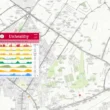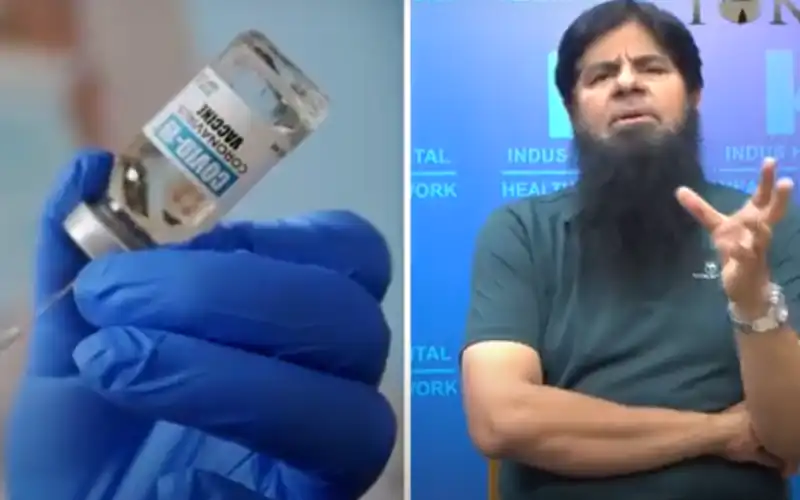Rumors claiming a link between COVID-19 vaccines and heart attacks have been circulating widely on social media, causing concern among vaccinated individuals. However, medical experts in Karachi have stepped in to clear the air and counter misinformation.
According to Dr Imran Iftikhar, Consultant Cardiologist at Indus Hospital, there is no proven evidence that COVID-19 vaccines directly cause heart attacks. “I don’t believe such claims until they are scientifically proven,” he stated.
While he acknowledged rare cases of increased heart rate in some young individuals, he emphasized that such occurrences were extremely uncommon and manageable through medication.
Dr. Iftikhar explained basic emergency steps in case of a heart attack. “The first step is to check if the person’s heart is beating. If not, immediate cardiopulmonary resuscitation (CPR), also known as Basic Life Support (BLS), should be performed,” he said.
CPR training is now being offered at various institutions across Karachi to equip the public with life-saving skills.
He further discussed several real causes of heart disease. One major factor is a genetic condition called premature coronary artery disease (CAD), which often runs in families. Identifying this condition requires specialized genetic knowledge and facilities, which are currently limited in Karachi.
Dr. Iftikhar advised that if any male relative has had heart disease before the age of 55, or any female relative before 65, one could be at risk due to family history. Hypercholesterolemia, or high cholesterol levels, is another leading cause of heart issues.
A simple fasting lipid profile test can detect it. Teenagers aged 16 to 18 are encouraged to undergo this test as a preventive measure. Hypertension, or high blood pressure, is also a major genetic factor in heart disease.
According to Dr. Iftikhar, nearly 95% of young individuals with hypertensive parents inherit the condition.
The South Asian region – comprising Pakistan, India, Bangladesh, and Nepal – has become a hotspot for heart disease. Dr. Iftikhar attributed this alarming trend to poor lifestyle choices, high tobacco use, unhealthy diets, and increasing cases of early-onset diabetes and hypertension. He stressed that these factors, not vaccines, are the real culprits behind the growing heart health crisis.











